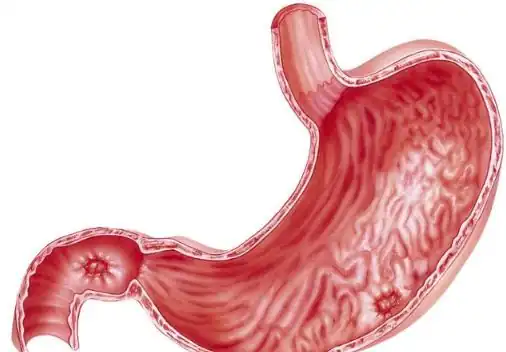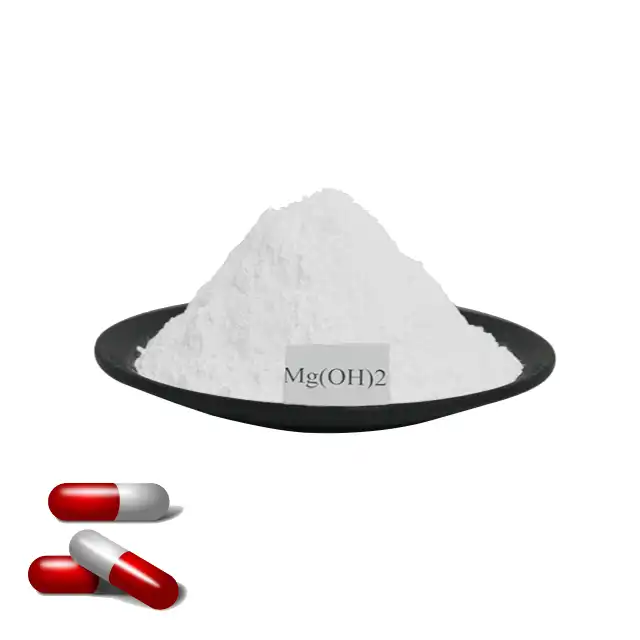Magnesium hydroxide has a variety of effects in medicine, mainly including the following aspects:
- Needy and stomach acid
Magnesium hydroxide is an alkaline substance that can neutralize the gastric acid, thereby reducing the concentration of gastric acid and alleviating symptoms such as gastric pain and stomach burning caused by excessive gastric acid. - Promote intestinal peristalsis
Magnesium hydroxide can stimulate the intestinal wall, promote intestinal peristalsis, thereby helping to defecate and relieve constipation. - Absorb bile acid
Magnesium hydroxide can be combined with bile acid, forming insoluble compounds, thereby reducing the absorption of bile acid and reducing cholesterol levels. - Protect the gastrointestinal mucosa
Magnesium hydroxide can cover the surface of the gastrointestinal mucosa to form a protective film, thereby preventing the stimulation of gastrointestinal mucosa by gastric acid and bile acid. - Bybinilide
Magnesium hydroxide has a bacteriostatic effect and can kill some bacteria, which helps to treat gastrointestinal infections.
Magnesium hydroxide is often used to treat the following diseases:
Excessive stomach acid, hot stomach, stomach pain

Speed and chronic gastritis, gastric ulcers

Twelve -finger ulcers

Anti -current esophagitis

Bile reflux gastritis

constipate

diarrhea
Gastrointestinal infection
There are few side effects of magnesium hydroxide, and common adverse reactions are diarrhea. Generally speaking, as long as it takes the doctor’s order, magnesium hydroxide is safe.
There may be interaction between magnesium hydroxide and other drugs, so before taking magnesium hydroxide, you should consult a doctor or pharmacist.

